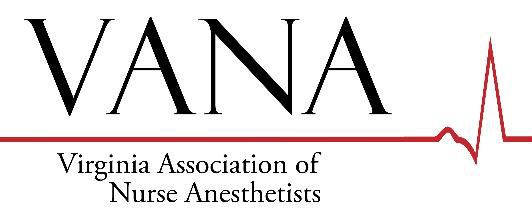Why Our Children Deserve Safe Dental Anesthesia Care
By Cathy A. Harrison, DNAP, CRNA
During February, National Children’s Dental Health Month, the Virginia Association of Nurse Anesthetists reminds parents that it is important not only to know how to keep your child’s teeth healthy, but also to ensure that they have access to safe dental care. I am proud to count myself among the Virginia Certified Registered Nurse Anesthetists (CRNAs) who provide safe and cost-effective anesthesia care to dental patients.
Tooth decay is one of the most common chronic diseases in childhood. Untreated cavities can cause pain, infections, and can lead to problems eating, speaking, and learning.
Although generally thought of for adult dental procedures, many children receive sedation and anesthesia, even for what would be considered routine dental care like cavity fillings, due to special needs, fear, anxiety, or procedural pain.
My patients are eight years old and above. I have had the opportunity to participate in the care of younger children having very quick and limited procedures. More than anything, I have found that parents are reassured and much more comfortable knowing that a CRNA is providing the moderate sedation for their children in the dental office.
According to the Centers for Disease Control and Prevention (CDC), children who have poor oral health often miss more school and receive lower grades than children who don’t. Attitudes and habits established at an early age are critical in maintaining good oral health throughout life.
Sedation for any dental procedure increases the complexity of care and emphasizes the importance that sedation and anesthesia are provided by an anesthesia professional, such as a CRNA, who is focused only on patient safety, monitoring, and vigilance.
CRNAs are highly educated, trained, and qualified anesthesia experts. They provide 50 million anesthetics per year in the United States, working in every setting in which anesthesia is delivered. CRNAs have the education and experience to react quickly to emergency situations in dental care settings, possessing the expertise to administer the anesthesia and focus solely on the patient’s condition and intervene as necessary if critical events occur during the procedure.
Patients who require sedation or anesthesia for dental procedures can count on a CRNA to stay with them throughout their procedure, advocate on their behalf, and provide high-quality, patient-centered care. CRNAs are proud to serve patients in communities throughout our state, working with dentists to provide important access to safe, cost-effective dental services.
Establishing healthy habits early, like regular brushing and flossing, is essential to maintaining good oral health. But when the need arises, you also want your child to have a dental team, including a CRNA, that is working together to deliver safe, quality dental care.
As members of one of America’s most trusted professions, CRNAs have always served on the front lines of patient care from the beginning, and we continue to answer the call to help keep patients healthy and safe. Please join me in recognizing the work of CRNAs during National Children’s Dental Health Month.
Cathy Harrison DNAP, CRNA, has practiced dental anesthesia for more than 20 years and lives in Midlothian, VA.

